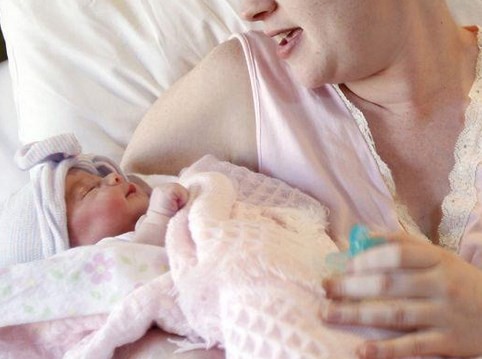Delayed clamping of the umbilical cord can be an advantage to children when they grow up, according to a study.
Brighton & Sussex Medical School neonatologist Dr. Heike Rabe said that there is a number of studies found out that all babies, both those who are born at term and prematurely born, gain benefit from the extra blood they get from the placenta at birth, as per NPR.
Rabe's findings were supportive of the findings of a study published on May 26, Tuesday, in the journal JAMA Pediatrics. The recently published study aimed to determine the effect of delayed cord clamping on the brain development of the child at four years of age. The variables included the child's age, gender, full scale IQ, composite scores, fine-motor skills, as well as psychosocial development.
The study also covered further information on the children's verbal IQ, performance IQ, processing speed-quotient, and general language composite. In addition, tests were done to determine the children's movement, manual dexterity, and pencil grip.
The results of the study showed that new born infants who had delayed cord clamping had considerably higher scores in the psychosocial domains, as compared to those who had early cord clamping.
In addition, the findings also revealed that delaying cord clamping for three minutes or more after delivery promoted the fine-motor domain in 4-year old children. However, there was no significant differences in the child's IQ.
Investigators have theorized that the delay in the clamping of the umbilical cord allowed more blood to be transferred from the placenta to the new born, which increases the infant's blood volume by one-third.
Blood has the nutrient iron as one of its components and it is essential for a healthy brain development.
Babies with respiratory distress upon birth are not part of the study's scope; however, Rabe said that these infants may gain advantage from the findings of the study.



























